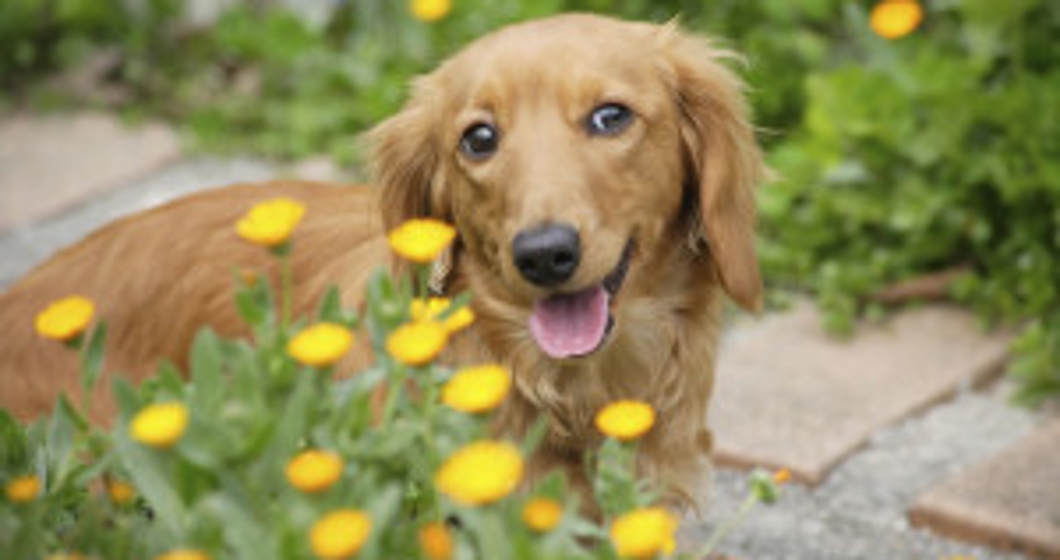If you’ve ever found yourself chasing your dog around your backyard, or worse, through a busy street in Central Suffolk, NY, you know just how important it is to have reliable recall. Teaching your dog to come when called isn’t just about convenience; it’s about safety and peace of mind. For Central Suffolk pet owners, especially those navigating a mix of suburban neighborhoods, parks, and open spaces, having a dog that listens could be the difference between a stress-free walk and a heart-pounding dash.
The good news? Any dog can learn to come when called. It takes patience, consistency, and the right techniques tailored to your dog’s personality and motivation. In this blog, we’ll walk you through how to train recall, common mistakes to avoid, and tips for making it stick, right here in Central Suffolk.
Why recall matters for Central Suffolk dog owners
In an area like Central Suffolk, where homes often have yards, and local parks like Cathedral Pines or Blydenburgh County Park are popular dog spots, having a dog who responds to recall is essential. Dogs who won’t come when called can dart into traffic, approach other animals unpredictably, or get lost in wooded areas, and let’s be honest, calling your dog ten times while they ignore you in front of your neighbors isn’t exactly fun.
A solid recall command gives you control in potentially dangerous situations and gives your dog more freedom to safely enjoy off-leash areas, hikes, or beach days at spots like Smith Point County Park.
Start small: the foundation of good recall
Training your dog to come begins at home. Before you head to the park or open your backyard gate, build trust and consistency in a distraction-free environment.
Step 1: Pick a recall word or phrase.
Choose a word like “come,” “here,” or even a fun phrase like “party time!," just make sure it’s something you don’t use casually. The idea is that your dog associates this word with good things happening.
Step 2: Make it rewarding.
Every time your dog comes to you, even if it’s just across the living room, reward them with something they love. That might be high-value treats, a favorite toy, or tons of verbal praise. This is where Central Suffolk pet owners can really personalize their training. Know what makes your dog excited and use that to your advantage.
Step 3: Use a long leash outdoors.
When you start taking your training outside, use a 15-30 foot training leash. This gives your dog some freedom while you still have control. Call them back, reward generously, and repeat.
Avoid these common recall mistakes
Even well-meaning dog owners sometimes sabotage their own training. Here are a few mistakes we see from time to time around Central Suffolk:
Only calling your dog when something negative happens. If your dog thinks “come” means “the fun is over” or “I’m getting in trouble,” they’ll hesitate, or ignore you completely. Mix it up: call them to you, give a treat, and then let them go play again.
Repeating the command too often. If you say “come, come, come, COME,” your dog might learn to ignore the first few attempts, or all of them. Say it once, and if they don’t respond, gently guide them in and reward once they’re close.
Using a harsh tone. You want your dog to feel excited about coming to you, not scared. Be upbeat, encouraging, and make it feel like a game.
Make it stick with real-life practice
Once your dog is responding well at home and on a long leash, it’s time to test in more challenging environments. Central Suffolk offers plenty of safe places to practice recall:
Try early mornings at local parks when it’s quieter and less distracting.
Use a fenced-in area or dog park as a safe off-leash space to reinforce the training.
Bring treats or toys on walks and call your dog randomly, rewarding each successful return.
You might also consider joining a local obedience class or working with a certified trainer in the Central Suffolk area for extra support.
Be patient—and keep it positive
Every dog learns at their own pace. For Central Suffolk pet owners with young puppies, the process might be quick and playful. If you’re working with an older rescue dog, it may take more time and trust-building. That’s okay. The key is consistency and never making “come” feel like a punishment.
Remember: you’re not just training your dog, you’re building a relationship. The more positive experiences your dog has with coming when called, the more reliable they’ll be when it really matters.
Final thoughts from DoodyCalls of Central Suffolk
At DoodyCalls of Central Suffolk, we know that having a well-trained dog makes life easier, and cleaner, for everyone. While we’re busy handling the less glamorous side of pet ownership (yes, we mean poop scooping!), we also love helping our neighbors create stronger bonds with their pets. A reliable recall means more freedom for your dog and less stress for you.
If you’re spending more time outdoors with your pup this season, don’t forget to keep your yard clean and odor-free. We’re here to help make that part effortless, so you can focus on the fun stuff, like training, playing, and relaxing with your dog in your clean Central Suffolk yard.
Need help with pet waste cleanup in Central Suffolk, NY?
Contact DoodyCalls of Central Suffolk today for professional poop scooping and yard deodorizing services. Because a cleaner yard means a happier home, for you and your dog.


